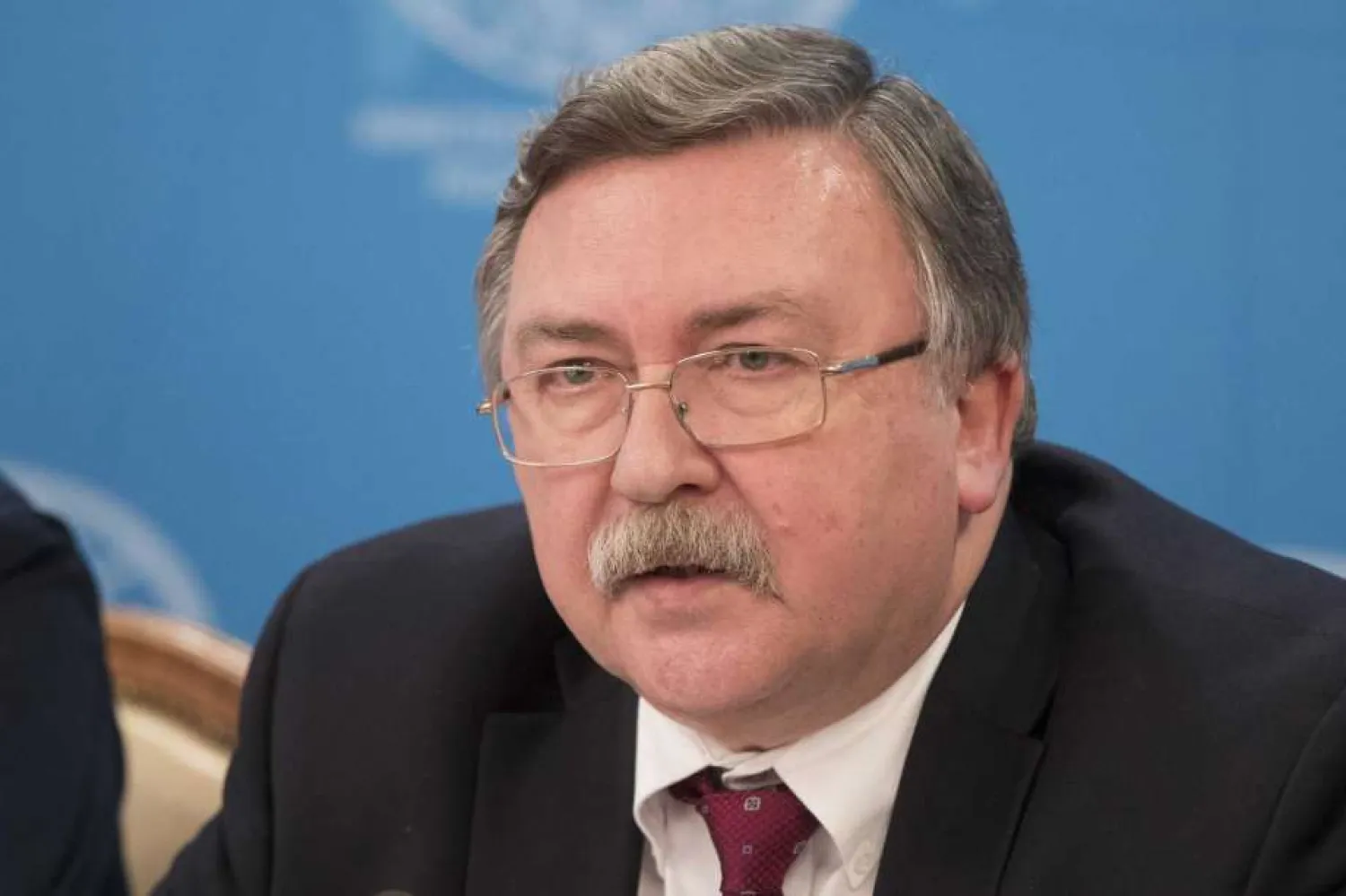The Russian Foreign Affairs Ministry has harshly criticized a report submitted last month by the Joint Investigative Mechanism (JIM) over the responsibility for chemical attacks in Syria.
The JIM, established by the United Nations and the Organization for the Prohibition of Chemical Weapons, said in its report that the Syrian regime forces, led by Bashar al-Assad, were behind the deadly sarin gas attack in the Syrian town of Khan Sheikhoun in April that killed more than 90 people.
Mikhail Ulyanov, head of the Russian Foreign Ministry's arms control and non-proliferation department, said on Thursday that the report was unconfirmed and disregarded evidence that sarin could have been used by the rebels in order to blame Assad’s regime.
He also stressed that the JIM has failed to take samples from the site of the attack in Khan Sheikhoun and the Shayrat air base despite security guarantees offered to inspectors.
“Imagine a criminal investigation in which police refuse to visit the site of the crime. No court will ever accept it,” Ulyanov said. “But they consider it possible to do such thing at the UN Security Council.”
During a news conference in Moscow, the Russia official said his country would soon present its own motion for extending the JIM while making its investigations more objective.
Last month, Russia vetoed a proposal to extend the JIM's work, a move that was condemned by several countries including the US, with Ambassador Nikki Haley accusing Moscow of protecting “Assad and his team of murderers.”
Ulyanov underlined the necessity to amend the ground rules of the investigations to include on-site inspections.
He noted that the JIM report concluded that a Syrian warplane dropped a bomb containing sarin, despite the lack of supporting evidence, adding that a crater in the explosion site could only have been left by an explosive device planted on the surface.









